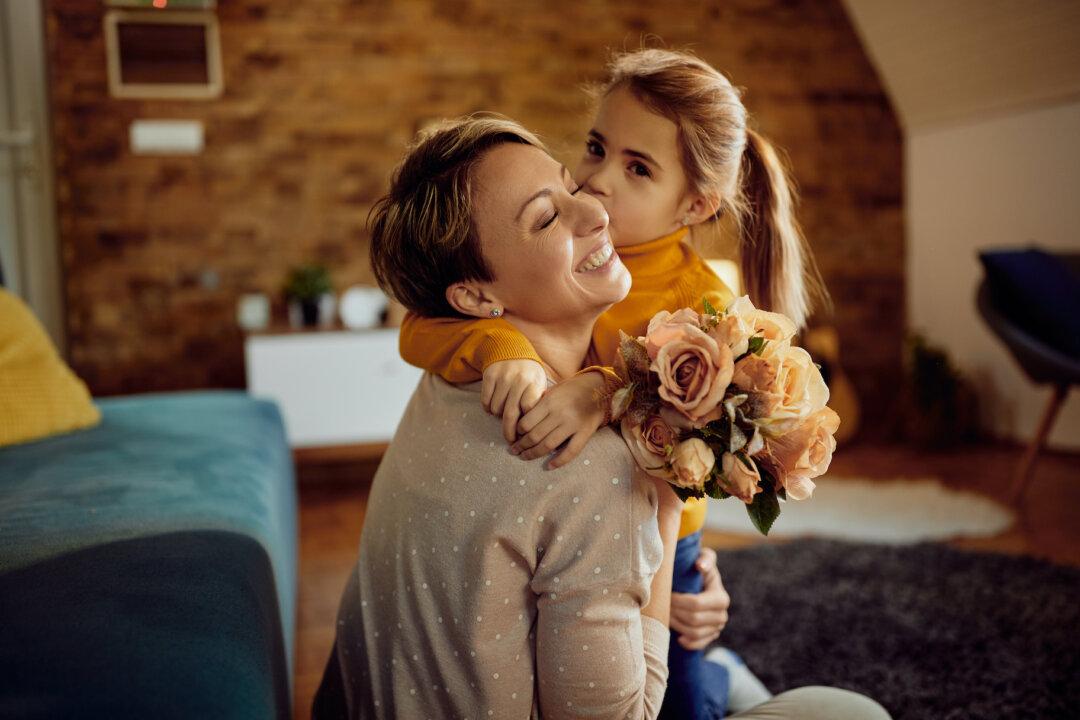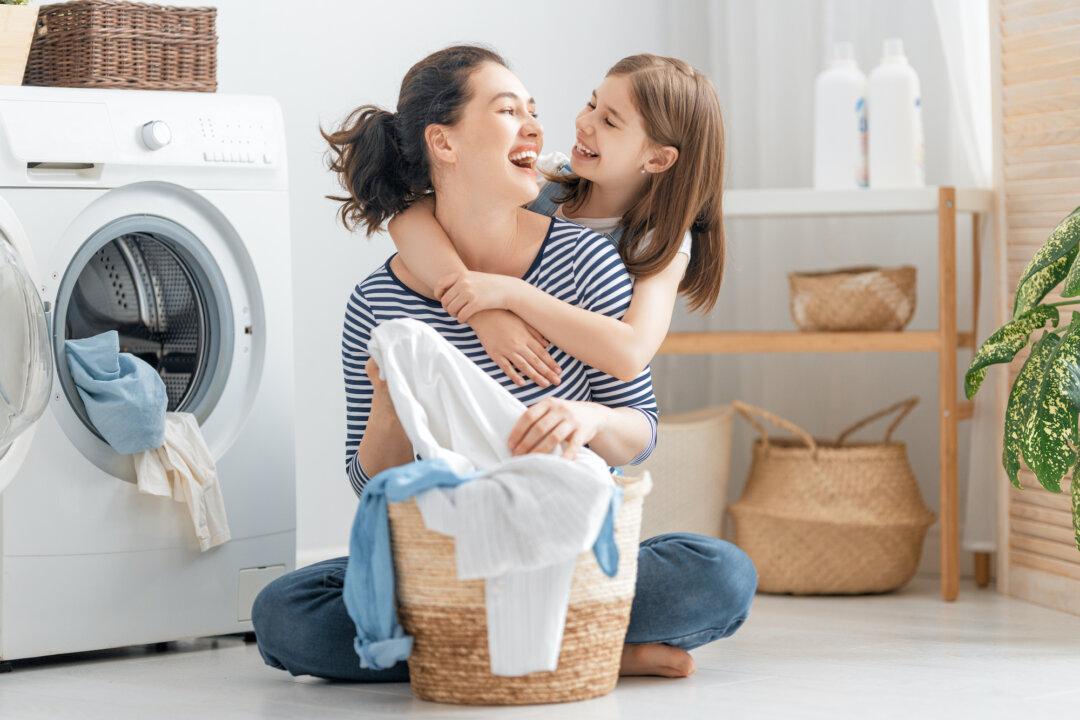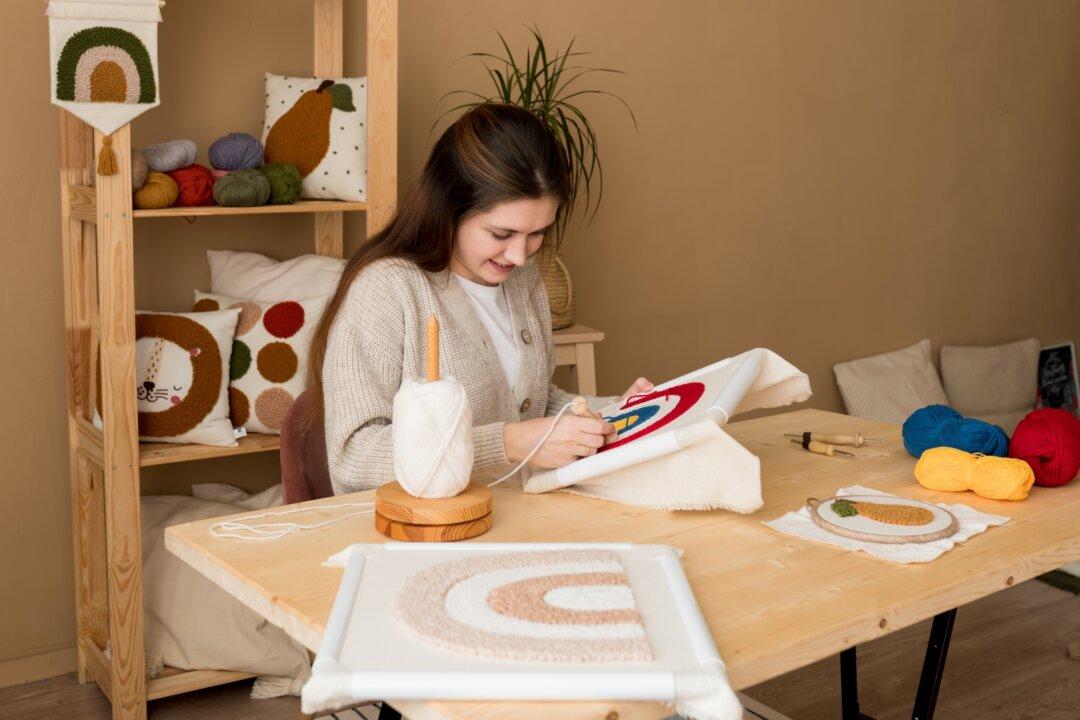What does it mean to live life more simply and embrace the practices of simplicity?
What’s simple to you may be different than for someone else. This difference lies in what motivates, encourages, and enriches your own life. Your journey should be unique, where the habits you choose and the routines you establish are meaningful to you and bring your life joy and contentment.






